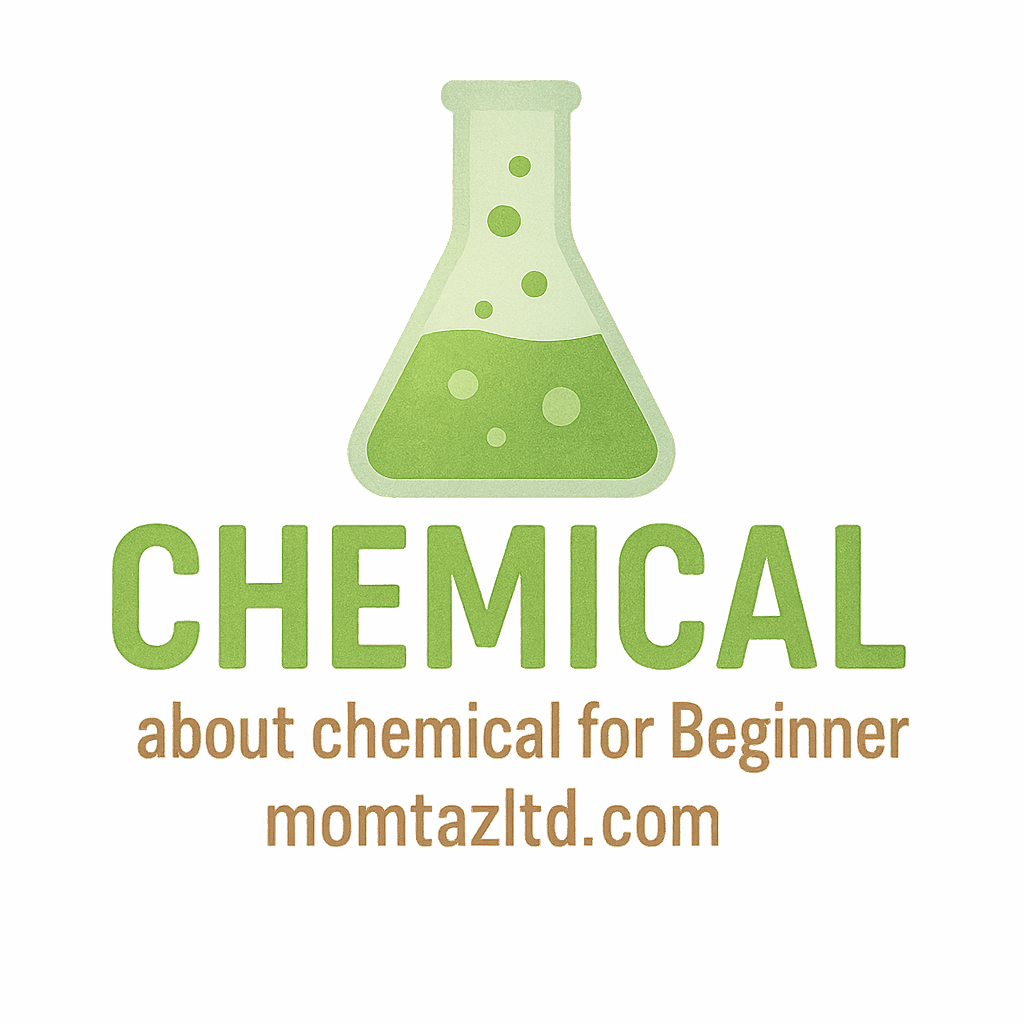The Importance of Safe Chemical Storage
When it comes to maintaining a safe and healthy home, one often overlooked aspect is how we store household chemicals. Many people are unaware of the potential dangers of improper chemical storage, which can lead to accidents, injuries, and even environmental hazards. Chemicals found in cleaning products, pesticides, and other household items are often more dangerous than we realize.
Proper storage of household chemicals is vital in ensuring the safety of not just you and your family, but also pets and the environment. The goal is to create an environment where chemicals are securely stored, reducing the risk of harmful exposure, accidental poisoning, or fires.
For more information about chemical safety, you can check out the Chemical Safety page.
What Are Household Chemicals?
Household chemicals refer to any substances or compounds that are typically used for cleaning, disinfecting, or other purposes in a home. These include common cleaning agents, laundry detergents, disinfectants, pesticides, automotive products, and more. While these chemicals make life easier, they can also pose serious risks if not handled correctly.
Some common household chemicals you should be aware of are listed below, and you can find more details on each of them through the Chemical Terms section.
Common Household Chemicals to Be Aware Of
- Bleach: A strong disinfectant that can cause skin burns and respiratory issues.
- Ammonia: Often used in cleaning products, but it can cause irritation to the eyes, skin, and respiratory system.
- Pesticides: These chemicals are designed to kill pests, but they can be toxic to humans and animals.
- Paint Thinners & Solvents: Often flammable, they can pose a fire hazard.
- Drain Cleaners: These are caustic chemicals that can cause severe burns.
- Laundry Detergents & Fabric Softener: Can be harmful if ingested or improperly stored.
Why Safe Chemical Storage Is Crucial
Improper storage of household chemicals can lead to a variety of serious issues, from poisoning and burns to environmental contamination and fires. Chemicals can spill, leak, or even combust if they aren’t stored correctly. In some cases, toxic vapors can accumulate in poorly ventilated spaces, putting your health at risk.
Check out more details about hazardous chemical storage in the Chemical Accidents section.
Potential Hazards of Improper Chemical Storage
Some of the main hazards of improper chemical storage include:
- Health Risks: Chemicals, if mishandled, can cause poisoning, respiratory problems, skin burns, and eye injuries.
- Fire Hazards: Many chemicals are flammable and can easily catch fire if not stored away from heat sources.
- Environmental Contamination: Improper disposal or storage can lead to chemicals leaking into the environment, contaminating water sources or soil.
Health Risks and Environmental Impact
In addition to the immediate dangers of chemical exposure, improper storage can also have long-term health effects, particularly for children and pets. Some chemicals can cause developmental delays in young children, while others can have carcinogenic or reproductive effects over time. Proper storage is essential in preventing these risks.
8 Essential Ways to Store Household Chemicals Safely
1. Keep Chemicals Out of Reach of Children and Pets
One of the most important safety measures is ensuring that all household chemicals are stored out of reach of children and pets. Even a small amount of some chemicals can be deadly if ingested or inhaled.
Explore more about how to store chemicals in safe areas.
Why This Is Critical
Young children are naturally curious, and pets often chew on objects they shouldn’t. Keeping chemicals in locked cabinets or high shelves ensures that they can’t get into them accidentally. This is especially important for dangerous substances like bleach, drain cleaners, and pesticides.
2. Store Chemicals in Their Original Containers
Always store chemicals in their original containers. These containers are specifically designed to hold the chemicals safely and are labeled with important information, such as usage instructions, safety warnings, and expiration dates.
For more details on the right way to store chemicals, check out Chemical Storage Guidelines.
The Benefits of Original Packaging
- Proper Sealing: The original containers are usually designed to seal tightly and prevent leaks.
- Clear Labeling: The label contains crucial information about handling the chemical safely.
- Chemical Integrity: The chemical remains stable and effective as intended when stored in the original container.
3. Use Clearly Labeled Containers
If you need to transfer chemicals from their original containers, make sure the new container is clearly labeled with the chemical’s name and any safety instructions. Avoid using food containers for chemical storage, as this can lead to accidental ingestion.
You can find more information on safe chemical labeling in the Chemical Terms section.
Why Labeling Is So Important
Clear labeling helps everyone in the household quickly identify the contents of a container. If a spill occurs, it’s important to know exactly what you’re dealing with, so you can take the right precautions for cleanup. Labels should include:
- The chemical’s name
- Safety instructions
- Expiration or disposal dates
4. Ensure Proper Ventilation
Ventilation is critical when storing chemicals, especially those that emit fumes, such as cleaning products and paint thinners. A well-ventilated area reduces the risk of harmful fumes accumulating and causing respiratory problems.
For tips on ventilation, visit the Laboratory Chemicals section.
Ventilation and Its Role in Safety
Ensure that your chemical storage area is well-ventilated, ideally with windows or vents to allow air circulation. If you must store chemicals in a basement or enclosed area, consider using an exhaust fan to improve airflow.

5. Keep Chemicals Away from Heat Sources
Heat can cause chemicals to react, potentially leading to dangerous reactions, fires, or explosions. Always store chemicals away from stoves, heaters, or any heat-generating appliances.
For more tips on chemical safety, check the Beginner Chemistry guide.
Temperature Sensitivity of Household Chemicals
Many household chemicals are sensitive to temperature. For example, some can become more volatile at higher temperatures, while others may freeze and lose their effectiveness. Storing chemicals at room temperature, away from extreme heat or cold, ensures they remain stable and safe to use.
6. Store Chemicals in a Cool, Dry Place
Humidity can cause chemicals to degrade, lose their effectiveness, or even react with moisture in the air. A cool, dry place is the best environment for most household chemicals.
The Ideal Environment for Chemical Storage
- Temperature: A room temperature range of 50-70°F (10-21°C) is ideal for most chemicals.
- Humidity: Low humidity helps prevent rusting and degradation of containers.
- Dryness: Keep chemicals away from sinks, pipes, or other areas where water may come into contact with them.
7. Use a Designated Storage Area
Designate a specific area in your home for chemical storage. This could be a locked cabinet, a high shelf, or a separate storage room. Having a dedicated space reduces the risk of accidental mixing and ensures that chemicals are stored safely and separately from food or personal items.
You can explore safe practices for organizing your storage in the Chemical Storage section.
Creating a Safe and Organized Space
Organize chemicals by type (e.g., cleaning products, automotive supplies) and keep them in separate containers to avoid accidents. Make sure the area is well-lit and easy to access in case of an emergency.
8. Follow Manufacturer Instructions
Always read and follow the manufacturer’s instructions on chemical products. These instructions provide critical information about safe storage, handling, and disposal.
For more safety tips on handling chemicals, visit Chemical Safety Guidelines.
Why Instructions Are Crucial to Safe Chemical Handling
Instructions provide the necessary details on the safe use of chemicals. They often include specific storage temperatures, warnings about mixing with other substances, and how to deal with spills or exposure. Following these guidelines ensures the safest possible handling of chemicals.
Conclusion: Ensuring Safety for Your Family and Home
Storing household chemicals safely is essential for protecting your family, pets, and the environment. By following these 8 steps, you can minimize the risks of exposure to hazardous chemicals and create a safer home. Remember, a little extra care in how you store your household chemicals can go a long way in preventing accidents and injuries.
Frequently Asked Questions (FAQs)
1. What should I do if I spill a household chemical?
Immediately follow the cleanup instructions on the label. For large spills, evacuate the area and call emergency services.
2. Can I store different types of chemicals together?
No. Keep chemicals separated based on their type to avoid dangerous reactions, such as mixing cleaning products with bleach.
3. Are there any chemicals I should avoid keeping in the kitchen?
Avoid storing chemicals like bleach or drain cleaners near food or cooking utensils. Keep them in a separate, secured area.
4. How can I safely dispose of old or expired chemicals?
Check local regulations for chemical disposal. Many areas offer special collection events for hazardous waste.
5. Can chemicals be stored in glass containers?
Yes, but only if the glass is compatible with the chemical. Always check the label for safe storage recommendations.
6. What is the safest way to store bleach?
Bleach should be stored in a cool, dry, and well-ventilated area, away from heat and light.
7. How often should I check my chemical storage area?
It’s a good idea to inspect your chemical storage area every 6 months to ensure everything is still sealed, labeled, and in good condition.


